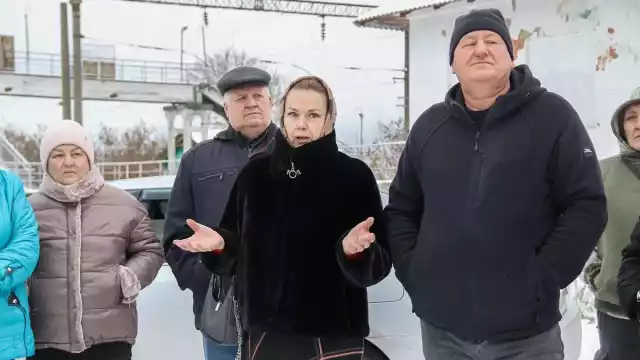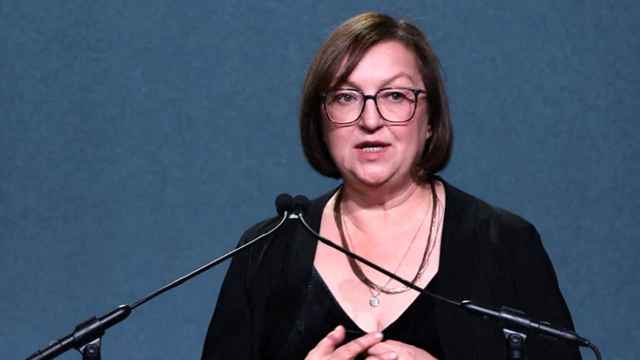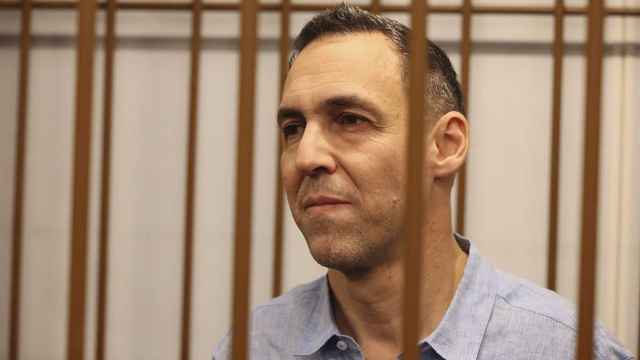Land-hungry Japanese investors may gain access to Russian land in the Far East and tax incentives to develop it.
The Economic Development Ministry is considering setting up special economic zones — the first of their kind for agricultural businesses — and is negotiating with Japanese investors, Deputy Minister Oleg Savelyev said, Vedomosti reported Tuesday
Trial sowing of soybean and buckwheat in the Amur region near the Chinese border by Japanese firms has already begun, the newspaper said.
Proposals to set up free economic zones in the Khabarovsk and Primorye regions were advanced by the Japanese Hokkaido Bank, which is pulling together a pool of investors, a Russian government official said, though he said the Amur region was not being discussed for logistical reasons.
Among the benefits offered to Japanese businessmen are exemptions from property, land and transport taxes for five years and simplified customs procedures. For this period, profit will be taxed at 2 percent. For five years after that, the rate will be set at 15.5 percent.
A source close to the bank confirmed plans to create such zones, but said specific details have not yet been discussed. The Japanese Embassy in Moscow was not able to issue a comment, the report said.
The Far East needs projects that can be economic multipliers for the local economy able to create jobs and boost tax revenues for regional budgets, said First Deputy Far East Development Minister Alexander Osipov. At the same time, the presence of Japanese investors would guarantee that the products complied with strict environmental regulations applied to agricultural production supplied to Japan's market, one of the most regulated markets in the world.
If similar incentives were offered to Russian companies, said Arkady Zlochevsky, president of Russia's Grain Union, they would also be attracted to the Far East, which at present is neglected due to its remoteness and poor infrastructure.
A Message from The Moscow Times:
Dear readers,
We are facing unprecedented challenges. Russia's Prosecutor General's Office has designated The Moscow Times as an "undesirable" organization, criminalizing our work and putting our staff at risk of prosecution. This follows our earlier unjust labeling as a "foreign agent."
These actions are direct attempts to silence independent journalism in Russia. The authorities claim our work "discredits the decisions of the Russian leadership." We see things differently: we strive to provide accurate, unbiased reporting on Russia.
We, the journalists of The Moscow Times, refuse to be silenced. But to continue our work, we need your help.
Your support, no matter how small, makes a world of difference. If you can, please support us monthly starting from just $2. It's quick to set up, and every contribution makes a significant impact.
By supporting The Moscow Times, you're defending open, independent journalism in the face of repression. Thank you for standing with us.
Remind me later.





